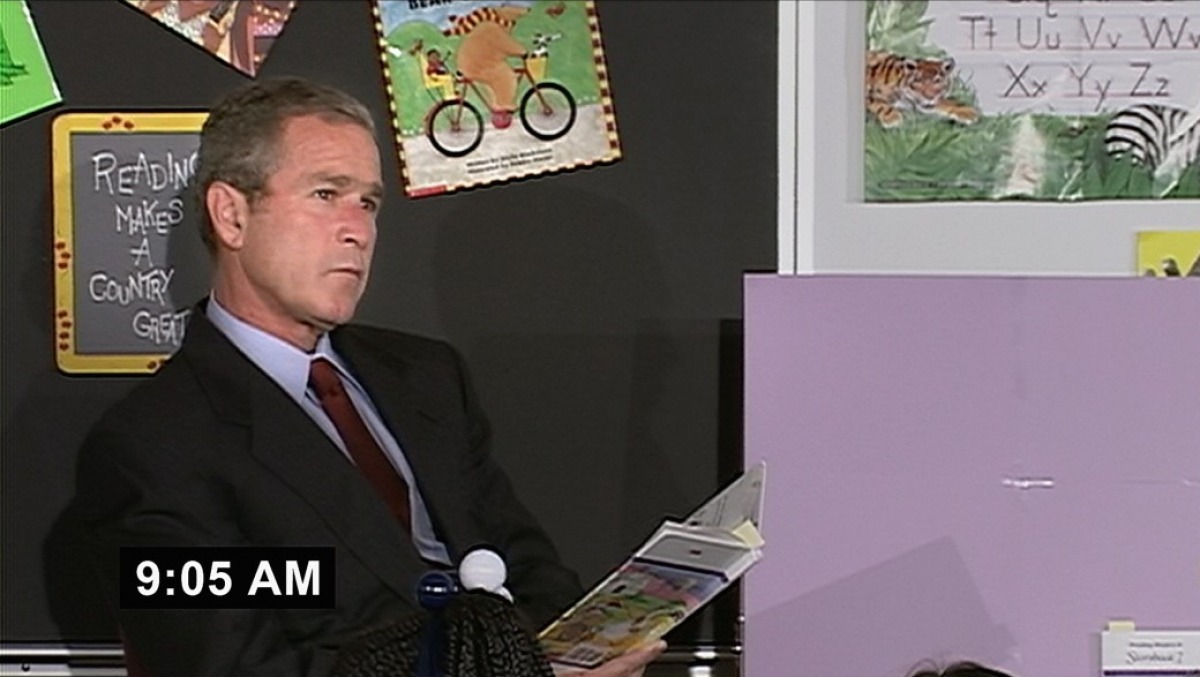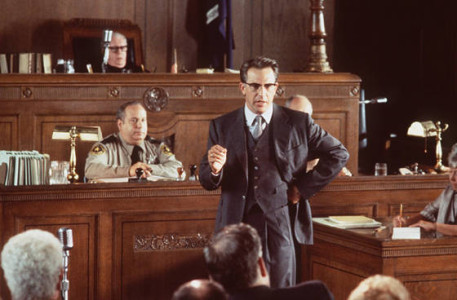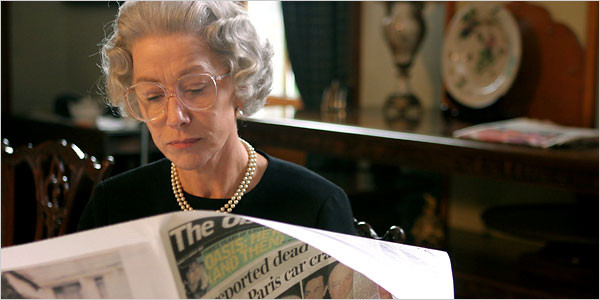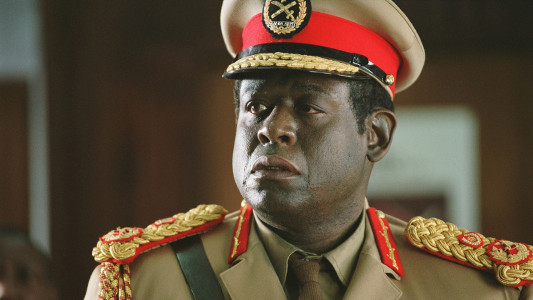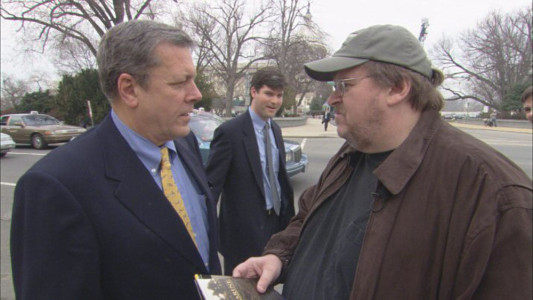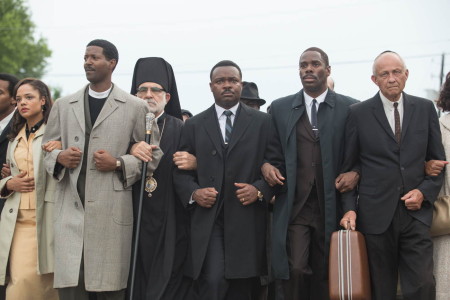In case you haven’t heard, politicians are the new megastars. Or sort of. In the “share more” society in which we live, we are bombarded with the latest political updates, the breaking legal news and the petty squabbles of politicians with more vigour than we are most other things. Discussions on new tax laws have become the new “who wore it better”. Tensions within political parties have become the new gossip columns. In a time in which everyone has their own space to voice their opinion, it seems that the talk of politics is on the up and like them or hate them, it is the politicians who are taking our cultural fancy.
It was recently announced that German Chancellor Angela Merkel is set to have her own biopic, due for release in 2017. Merkel is known for her gracious charm and international appeal, so it’s no surprise that the film, which will undoubtedly paint a flattering portrait, will be released around the same time Merkel is expected to achieve her fourth term in office. Despite the politician’s generally adored status, her past is relatively unknown to the media and voters, a fact that script writer Dirk Kurbjuweit will no doubt exploit. Whilst things look set to be rosy for the politician, it’s worth asking, should we be fictionalising the lives of those who run things? Creating biopics of important figures after they have done their core work is one thing but putting the intimate life of a person on screen with whom the world continues to have a professional relationship seems a little off. Of course, it’s a fact which is hardly new in cinema and over the years, politicians have found themselves the subject of more than just legal inquiry. Some have worked and some, famously haven’t but what are the most lasting impressions that have been made?
JFK
JFK is perhaps the only political film in the list which does not largely feature its main character. Set in the aftermath of the assassination of John F. Kennedy, the film plots the investigation fronted by Jim Garrison and the subsequent conspiracy theories which came about as a result. The film received an enormous amount of criticism, both from industry professionals and audiences nationwide who believed that its depiction of the JFK case sensationalised what was a tragic murder and pointed blame in the wrong place. One thing’s for certain, though; despite the years and years of inquiry, media restaging and investigation, many believe that we will never get to the bottom of the case. JFK is remembered not only for his presidential term but more prevalently, for being the mystery that we can never solve.
The Queen
Whilst not entirely focused on politicians, Stephen Frears’ hugely successful film depicted the persuasive powers of those in the hot seat when faced with national duress. Set in the direct aftermath of the death of Princess Diana, the film looks at the reactions of both the Royal Family and the relatively new government and how the two struggle to see eye to eye. Although the Queen is the film’s focus, it features the Prime Minister of the time, Tony Blair, for much of its running, following the relationship between the two. Whilst the Queen seems to cut herself off from the public, Blair appears to be their voice and in the film, at least, comes to the rescue of the nation.
The Last King of Scotland
Sometimes, however, it is the politicians who are the bad guys and this is no more apparent than in Kevin MacDonald’s Uganda-set The Last King of Scotland. When he befriends Ugandan dictator Idi Amin, doctor Nicholas Garrigan is unaware of the cost of his new life. The film depicts the acts of Amin with a completely straight face and more often than not, it’s impossible to stomach. Whilst the film was criticised for its sweeping gaze and large generalisations, the core of its narrative is nonetheless disturbing. In Amin’s case, politics meant absolute power and without the differing opinions of others, the politician goes on a social rampage.
Fahrenheit 9/11
George W. Bush liked to holiday. A lot. In Michael Moore’s retelling of the political aftermath following the 9/11 attacks in New York, the president of the time is depicted as doing, well, not a whole lot. In the film’s most famous scene, Bush is shown as utterly unprepared when informed of the catastrophe. In a tight close up, one of his advisers whispers something in Bush’s ear during a pre-school visit and all that the former president can seem to do is sit with the children. The film is utterly cynical in its approach to politics and in Moore’s eyes at least, the politicians seem to be the ones with the least firm grasp on reality. Whilst it may be damaging to the office in question, however, it’s essential that individuals continue to criticise those in power. If not, there is no cause for change.
Selma
Most recently, of course, it has been Martin Luther King who has undergone a cinematic transformation. The depiction of the events in Selma on screen focus on King as the catalyst of an entire movement. Whilst other political retellings poke holes in the veneers constructed by those in power, Selma depicted King as something other than human, the fire which changed the way in which people thought. Although there wasn’t as much personal time with the politician, in this film’s case, it didn’t suffer. King stood for more than himself and the film aptly represented that.
The depiction of politics on screen can be tricky. Shown largely from the viewpoint of an individual, it is impossible to reveal an accurate portrayal of the person in question and more often than not, it can feel like propaganda. But that, I suppose is the nature of politics. No two people will completely agree and we will constantly seek change and whilst it may be infuriating at times, we should be thankful that we have a voice.

